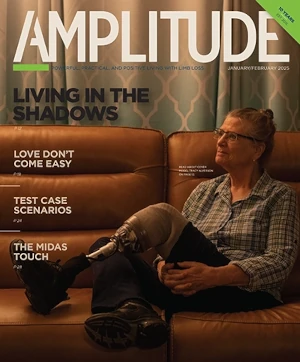For some amputees, severe mobility restriction is a short- or long-term problem. When experiencing this problem, they may not be able to visit their healthcare professionals, putting their health—or even their lives—in danger.
Fortunately, there may be a solution: home care medicine.
Home care medicine helps homebound individuals remain living at home by providing medical care there, thus helping them avoid emergency room care, inpatient care, hospitalization, or institutionalization. Various healthcare professionals may provide service, including physicians, nurse practitioners, physician assistants, social workers, dentists, dietitians, and therapists. Services might include primary care, urgent home visits, hospital-at-home care, and palliative care.
While many patients with limited mobility could benefit from these services, an article titled “House Calls Provide Better Care and Save Money. Why Don’t More Use Them?” (www.nextavenue.org/house-calls) notes that the services are only used by a fraction of those who are eligible.
To learn more about home care medicine and how it may be able to help you, watch a documentary, available in a six- or one-minute version, at https://bit.ly/36arx8N or https://bit.ly/39oOiYD.
For more information, including a provider locator directory, visit the American Academy of Home Care Medicine (AAHCM) at
www.aahcm.org.
This article was adapted from information provided by AAHCM.
IMAGE: Robert Kneschke/stock.adobe.com



